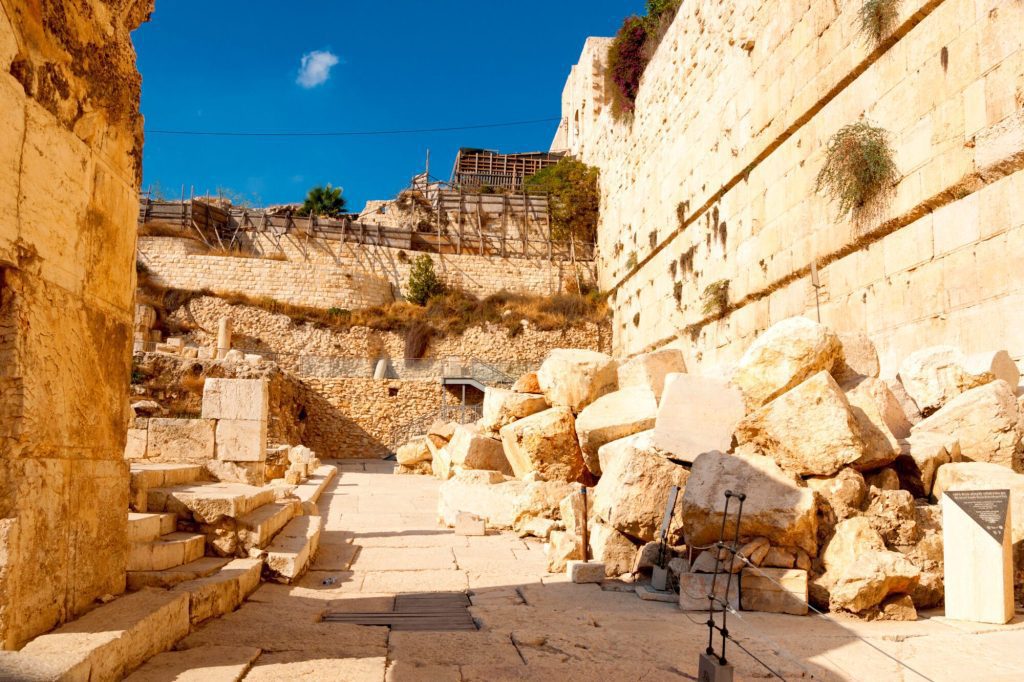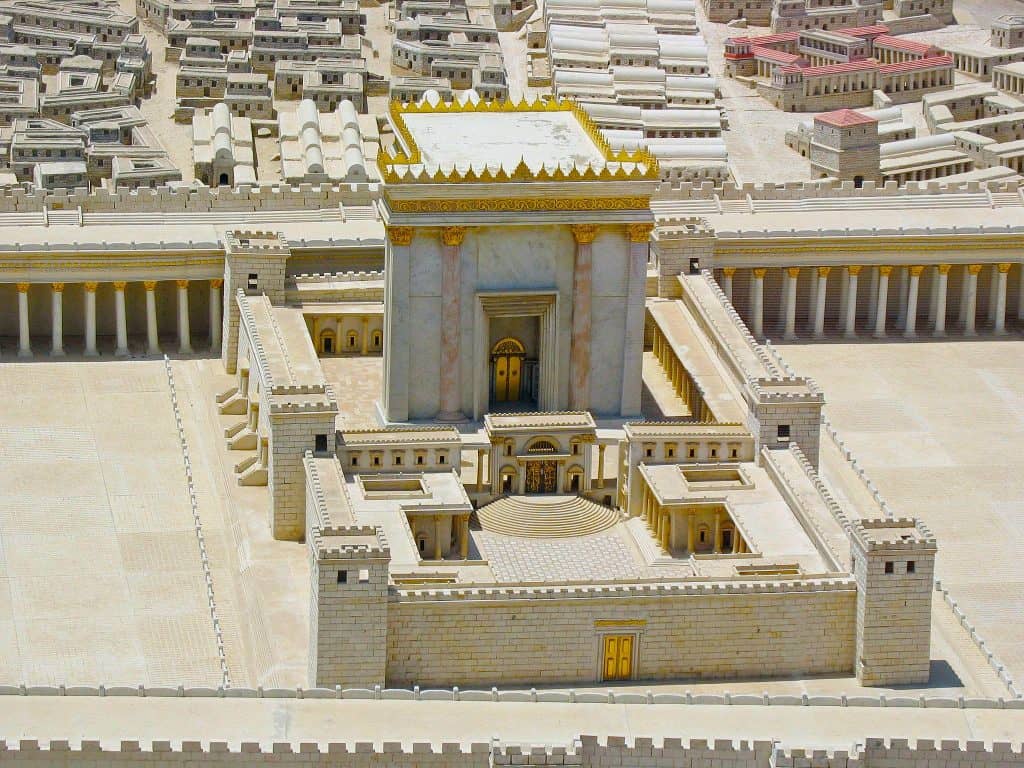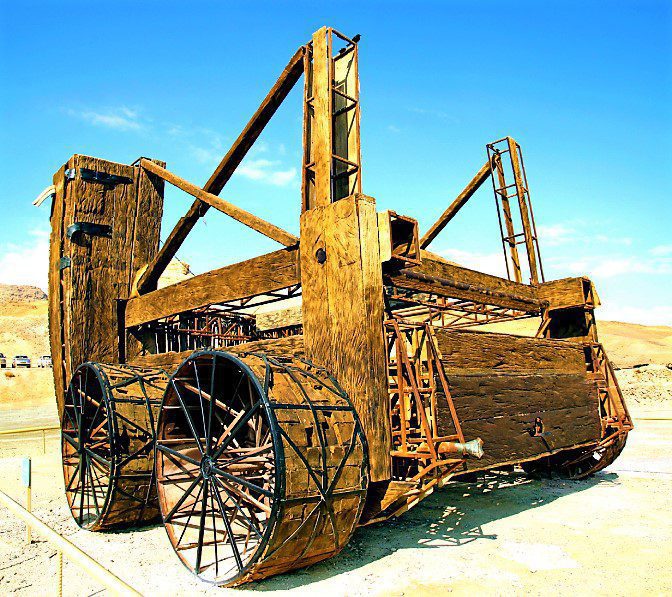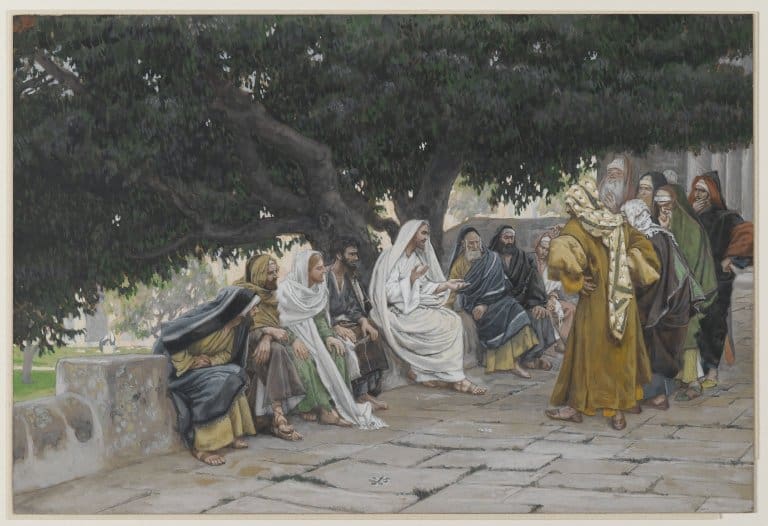In the annals of ancient Judaism, the Zealots are known for their unwavering commitment to Jewish sovereignty and active resistance against foreign rule. In this post, we delve into the Zealots’ origins, beliefs, and actions, shedding light on their role as fervent defenders of Jewish independence during a tumultuous era.

The Zealots emerged during the first century CE, marked by Roman rule and increasing tensions within Judea. The term “Zealots” derives from the Greek word “Zēlōtai,” meaning “those who are zealous.” They were passionate nationalists who viewed themselves as warriors for God and the Jewish people, ready to defend their homeland at any cost.
The Zealot’s Beliefs and Motivations
The Zealots believed Jewish sovereignty was a divine right and vehemently opposed any foreign occupation, particularly Roman rule. They saw compromise or collaboration with the Romans as betrayal and fought to restore an independent Jewish state. Their zeal was rooted in a deep sense of religious and national identity, driven by the belief that God’s covenant with the Jewish people necessitated their freedom.
Second Temple Jewish Sectarianism

The Zealots engaged in active resistance against Roman forces and their local collaborators. They employed various tactics, including guerrilla warfare, ambushes, and targeted assassinations. Their goal was to create an atmosphere of resistance and instigate a widespread uprising against Roman rule. Zealot fighters defended strategic locations like Jerusalem and fortified cities, rallying others to join the cause.
The Great Revolt
The Zealots played a significant role in the Jewish Revolt (66-73 CE), a widespread uprising against Roman rule. They were at the forefront of the rebellion, fiercely fighting to regain Jewish independence. The Zealots’ determination and courage during the revolt shaped the course of events. Still, the eventual Roman victory resulted in the destruction of the Second Temple and a period of immense tragedy for the Jewish people.
The Great Revolt

While united in their desire for Jewish independence, the Zealots were not a monolithic group and had internal divisions. These divisions stemmed from differing approaches to the revolt, strategic disagreements, and conflicting visions for the future of Jewish sovereignty. These internal conflicts weakened the Zealots’ ability to resist the Roman forces effectively.
Legacy and Influence
So the Zealots left a lasting legacy in Jewish history. Although their goal of complete independence was not achieved, their steadfastness and willingness to sacrifice for their beliefs symbolized Jewish resistance and unwavering dedication to the homeland. Their struggle inspired subsequent generations and contributed to the ongoing Jewish longing for self-determination.
The Sadducees

With their unyielding passion for Jewish independence and active resistance against Roman rule, the Zealots hold an essential place in the annals of ancient Judaism. While their methods and strategies may be debated, their legacy remains as fervent defenders of Jewish sovereignty. Studying the Zealots provides valuable insights into the diverse responses to foreign occupation and the enduring quest for freedom and self-determination within Jewish history.

